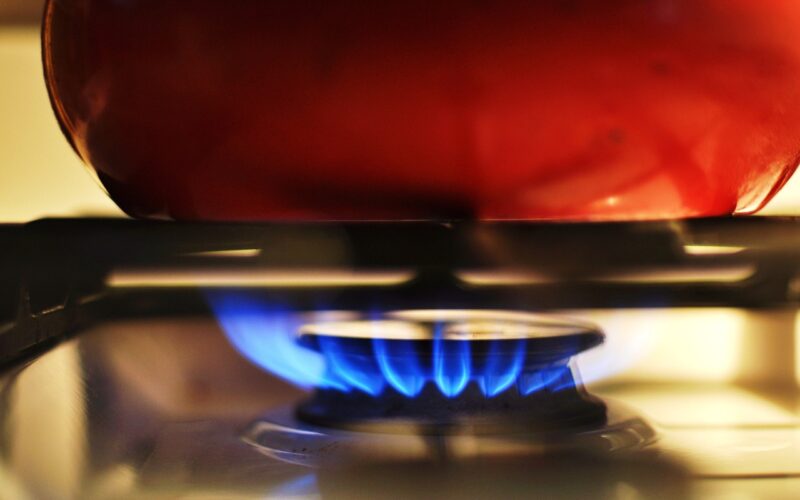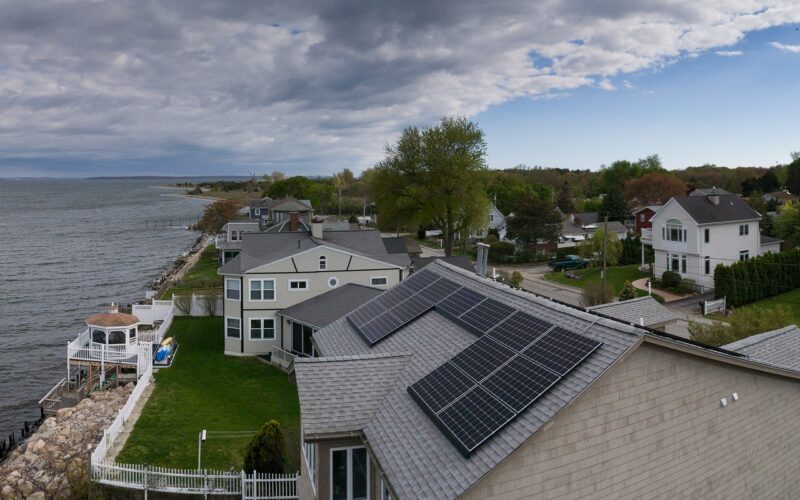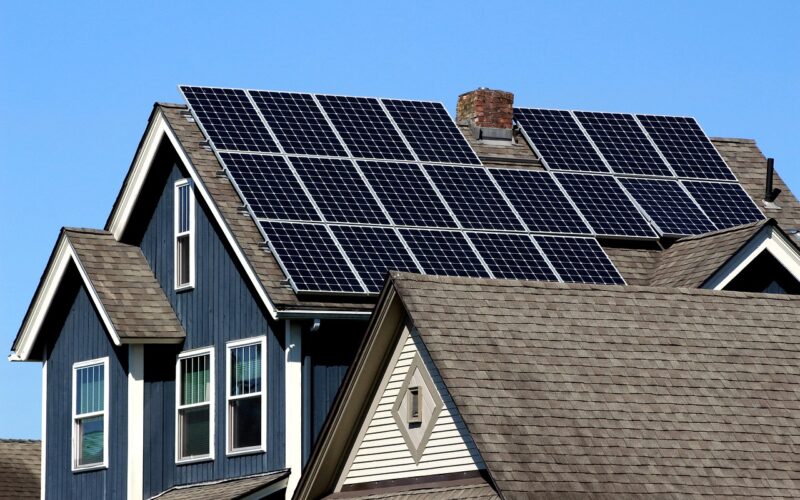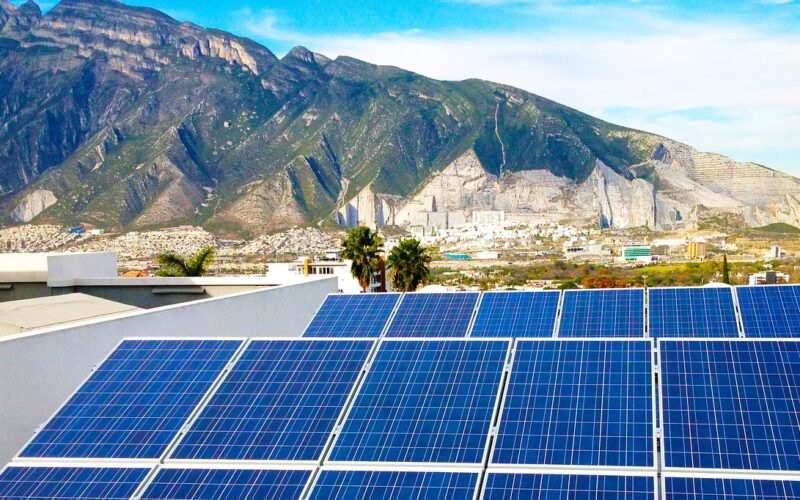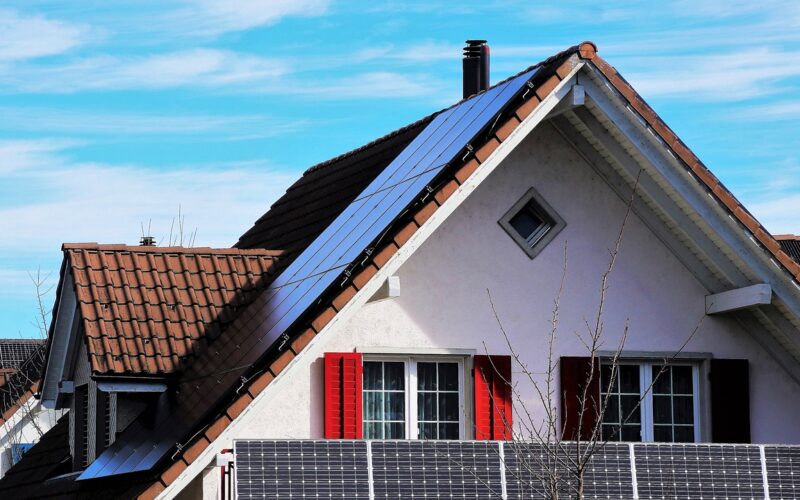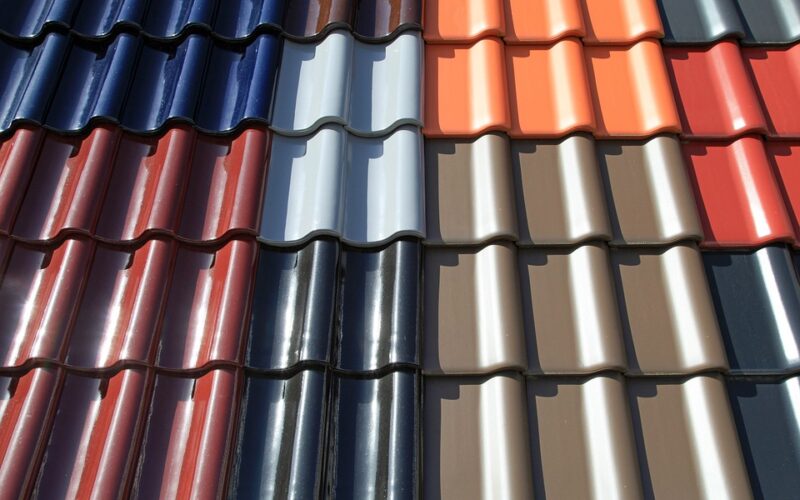With the rising costs of gas and growing environmental concerns, many homeowners are seeking alternatives to traditional gas heating and power.
The push towards renewable energy sources
The urgency of climate change and the finite nature of fossil fuels have encouraged a shift towards renewable energy sources. Solar panels and wind turbines are becoming increasingly common in residential areas as they can be installed at home to produce clean, green energy. Government incentives, including grants and tax credits, can also make these options more financially viable.
Electricity as a versatile alternative
Electricity can power almost everything in the home and, when produced via renewable methods, is a clean alternative to gas. Advances in technology mean that electric heating systems, including heat pumps and infrared panels, are now much more efficient. These systems can provide heating solutions that are both sustainable and able to reduce long-term energy costs.
The role of energy efficiency
Improving energy efficiency is crucial to reducing reliance on gas. This can include upgrading insulation, sealing drafts, and using smart home technology to monitor and manage energy use. By enhancing the energy efficiency of a home, the overall need for heating fuel diminishes alongside the utility bills.
Geothermal heating systems
Geothermal heating takes advantage of the earth’s constant underground temperature to provide heating in the winter and cooling in the summer. While the initial investment is significant, geothermal systems offer low running costs and an excellent return on investment due to their durability and efficiency.
Biomass heating systems
Biomass heating systems, which burn organic material like wood pellets, offer another alternative to gas. They are considered carbon neutral because the CO2 released during burning is approximately equal to that absorbed by the plants while growing. However, this option requires space for the boiler and storage for the fuel.
The future of home energy
Looking forward, innovations like hydrogen fuel and advancements in battery storage could play a significant role in providing alternatives to gas. Hydrogen boilers, currently in the research and testing phase, offer a promising option as they emit only water vapour. Meanwhile, improved battery storage could allow homeowners to store excess renewable energy efficiently.
Gas has long been a staple for residential energy needs, but the alternatives presented here not only offer a cleaner, greener footprint but also promise opportunities for long-term savings and energy independence. As we transition away from fossil fuels, these alternatives will become increasingly prominent in our pursuit of sustainable living and energy security.
